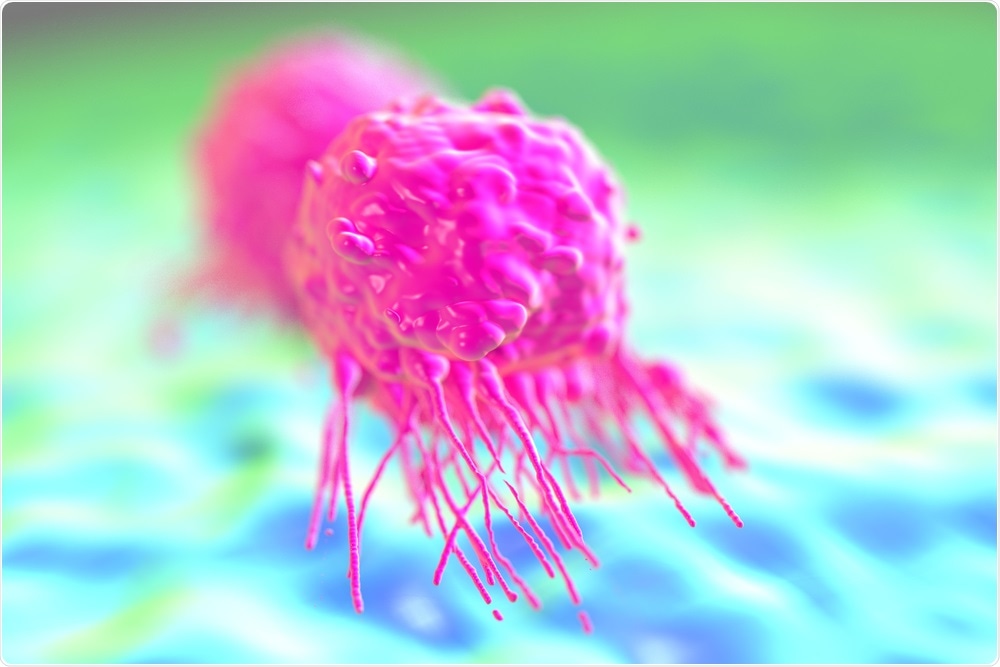A promising new study conducted by Australian and American researchers suggests that it may be possible to live with advanced breast cancer and not be diagnosed with metastasis.
 Image Credit: royaltystockphoto / Shutterstock
Image Credit: royaltystockphoto / Shutterstock
As reported in the journal Nature Cell Biology, a study involving animals and people showed that in advanced breast cancer, the primary tumor sends signals to the immune system that stop the growth of secondary tumors in other parts of the body.
Cancer spread or metastasis is the most dangerous aspect of cancer, since the illness is much more difficult to treat once it has spread.
The study found that in mice, the primary breast tumor can affect cells that break away from the tumor to form new tumors elsewhere in the body.
The primary tumor triggers an inflammatory response that sends a signal to the immune system to release immune cells that locate the breakaway cells and “freezes” them to prevent a tumor growing.
When breakaway cells are forced to remain in the transition state, they don't grow very well and their ability to form a new tumor is severely compromised. So, remarkably, by activating the immune response, the primary tumor essentially shuts down its own spread."
Dr. Sandra McAllister, Co-Author
The team also found that among 215 patients with breast cancer who were at a high risk of developing metastasis, those who had high levels of this immune response were more likely to survive than individuals who had a low level of the response.
Study author Dr. Christine Chaer says the study provides a clue from the cancer itself about possible new ways to fight metastasis:
When these breakaway cells are settling, before they have established a new tumour, they are particularly vulnerable. Our goal is to work out how we can mimic this 'freezing' of secondary cancers, so that one day we might influence all breast cancers to keep their secondary tumours in check."
Dr. Christine Chaer, First Author
Chaer and colleagues are now working to find out how the discovery could be used in the clinic to prevent the spread of cancer.
They also hope to determine whether a similar approach can be used to stop other forms of cancer spreading.
Source:
This article was originally published on Eurekalert, as a press release.